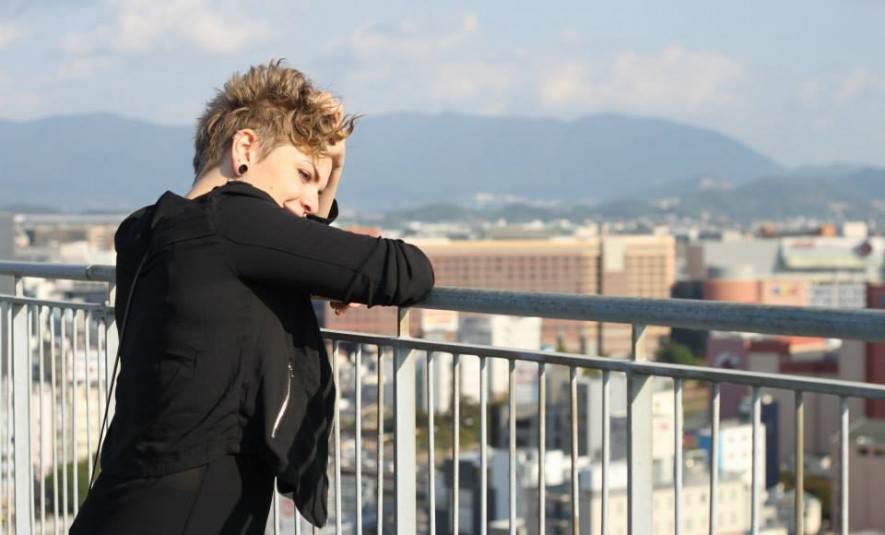Watch the video at the end of the article!
Earlier this month, Tokyo 2020 released the music video accompanying the Tokyo Gorin Ondo song promoting the upcoming Olympics and Paralympics.
The video features many things characteristic of Japanese summer festivals, such as wooden fans, fireworks, bon-like dancing and people wearing yukata, the summer version of kimonos. “I have a good feeling that fun summers are on their way and that this song and the dance can help take our minds off the stresses of daily life,” said Yuichi Kodama, director of the music video.
The song is performed by established Japanese artists Sayuri Ishikawa, Yūzō Kayama and Pistol Takerhara, whom all are featured in the video.
The original Tokyo Gorin Ondo was released in 1964 to promote the Olympics and Paralympics also held in Tokyo. Although still remembered fondly by older people in Japan, the Tokyo 2020 representatives said that they hoped a reproduction of the song, with updated lyrics and a new arrangement would encourage younger generations to engage in the games.
The word Tokyo Gorin Ondo means “Tokyo Olympic Dance”, the latter word ondo being a special kind of traditional dancing in Japan, commonly seen at summer festivals. Throughout the video past and present are bound together to celebrate 56 years since Japan first hosted the Olympic Games.
The video begins with television presenter and sports commentator Ichirō Furutachi narrating a scene from Tokyo’s busiest hub, Shibuya Cross:
“The neighbourhood that seems to be celebrating Halloween all year round, Shibuya, without further ado is acting as if the games are starting today!”
Scenes of Tokyo in the past during the 1964 Olympics flash by and are tied together with images from the present. “From Tokyo Tower to Skytree, the baton has been past on,” says Furutachi, referring to the representative power of both towers. Since its erection in 1958, all the way up until 2012, Tokyo Tower was the tallest structure in Tokyo, and the main landmark of the city before, during and well after the 1964 Olympics. In modern times, the Tokyo Skytree has taken over the role of highest landmark, making it the new memorable sight for athletes and Olympic tourists.
Past and present are tied together again, as a girl wearing a sci-fi suit flies into the scene, only to reveal herself to actually being Japan’s biggest traditional folk singer Sayuri Ichikawa. Surrounded by both Japanese and foreigners wearing specially designed Tokyo 2020 traditional summer kimonos, Ichikawa commence the song in the traditional singing style of Japanese enka and folk music.
“The moon that I saw in Rio De Janero, now illuminates the city sky,” she sings, surrounded by people of various nationalities dancing the Ondo while wearing specially designed Tokyo 2020 Yukata.
The specially designed yukata has also been made available for purchase along with the release of the video. “The common theme of these engagement initiatives this summer is Happy and Peace.” Said Tokyo 2020 President Yoshirō Mori in a promotional event ahead of the release of the song.
The choreography for the Tokyo Gorin Ondo is displayed in the music video, and has also been made available via Tokyo 2020’s website for community event organisers to use. “We have produced these [yukata] in the hope that many people all over the country will wear the Tokyo 2020 summer festival costumes and dance to the song. We hope that people around the world can thus have a glimpse of Japanese culture,” he said.
Watch the Tokyo Gorin Ondo 2020 Music Video here

